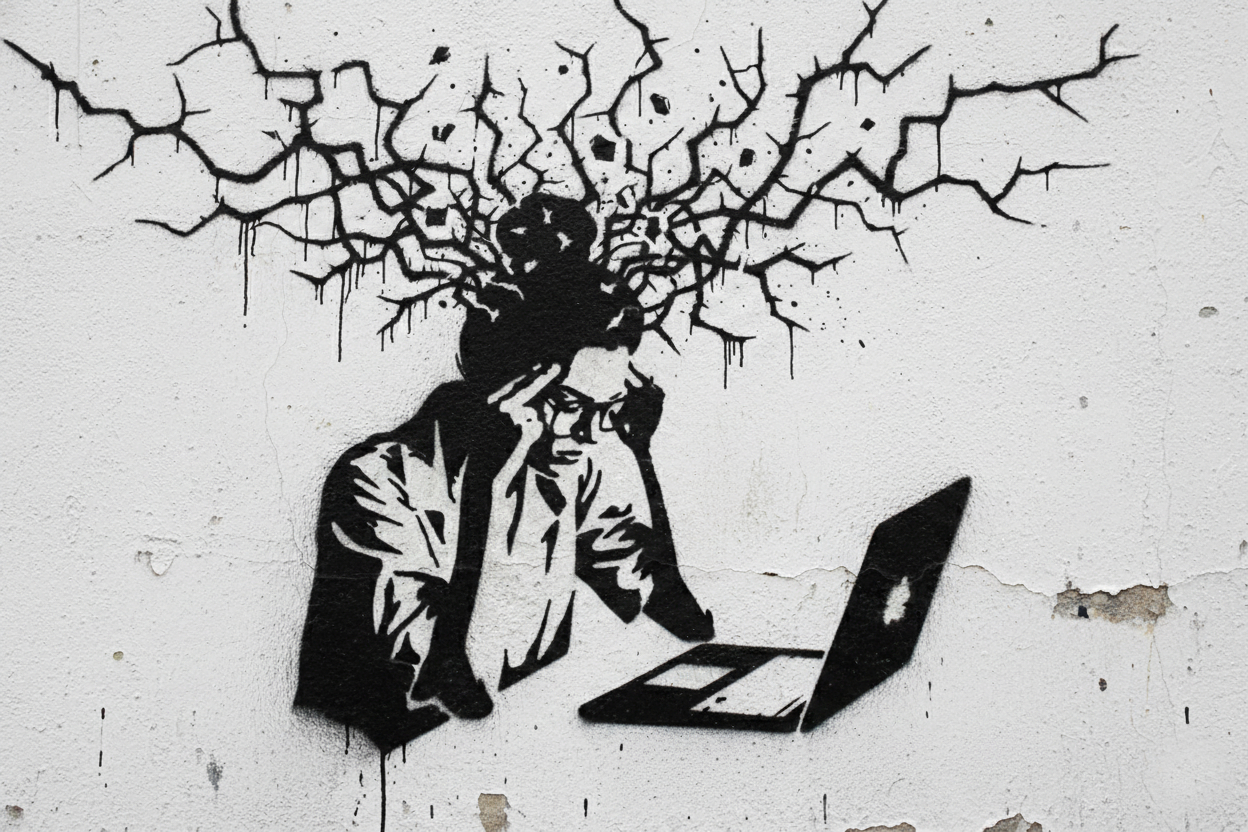The Commission’s medical service presented the statistics for 2024: This is a summary presentation, without analysis and with missing data, but it draws our attention, as a union, to certain elements: The year 2024 saw a slight decrease in absenteeism due to medical reasons compared to 2023 and 2022.
At first glance, this trend might suggest an improvement in well-being at work, but other factors may also be at play: Certainly, the post-pandemic effect, but testimonials gathered from our colleagues also point to increased pressure from management, fear of medical checks, fear of losing promotion opportunities or weakening one’s position in a tense professional environment.
More controversial is the role of teleworking, which has effectively eliminated the disabling nature of several illnesses, but has also blurred the line between work and private life and allows colleagues to be contacted even outside working hours.
One figure stands out: 75% of medical absences and disability cases involve women. This overrepresentation is not new, but it remains alarming. It can be explained by the double burden that many women bear, combining professional and family responsibilities, but also by the fact that, despite the progress made, women continue to be in the majority in the lowest-paid jobs. For the Union Syndicale, this reality calls for concrete measures: recognition of the specific risks faced by female colleagues, adaptation of jobs, raising managers’ awareness of equality, etc.


